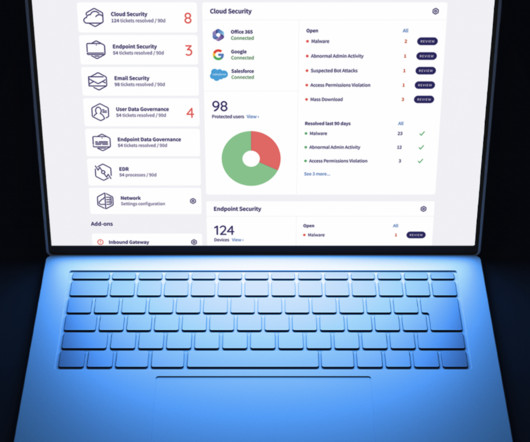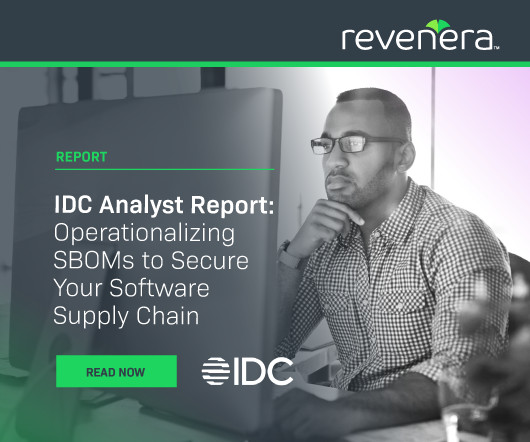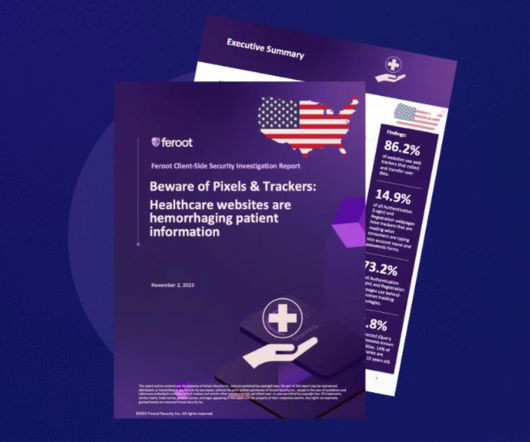Linux kernel minor "seccomp" vulnerability
Scary Beasts Security
FEBRUARY 25, 2009
I just released some technical details on why and how "seccomp" is vulnerable to the Linux kernel syscall filtering problems that I previously blogged about. The full details may be found here: [link] The actual bug is of little significance because pretty much no-one uses seccomp: This searches for the PR_SET_SECCOMP string on Google Code Search In addition, even if people did use this -- the bug is not a full break out, just some leakage of filesystem names via stat() or mischief via unrestric

































Let's personalize your content